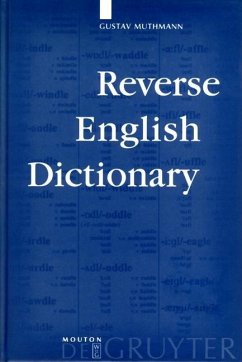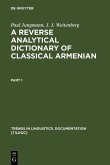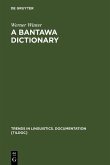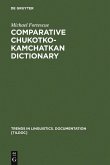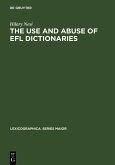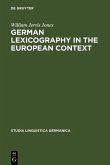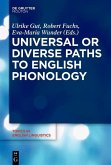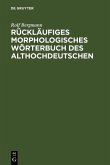Rather than presenting a reverse list of words in endless sequence and strictly alphabetical order, this Reverse English Dictionary considers the structure and formation of words, grouping them together in sections and subdivisions.
This way of looking at words from behind and comparing similar word endings reveals new and unaccustomed aspects of the structure of words and their formation, illustrating the enormous variety of the English language.
Dieser Download kann aus rechtlichen Gründen nur mit Rechnungsadresse in A, B, BG, CY, CZ, D, DK, EW, E, FIN, F, GR, HR, H, IRL, I, LT, L, LR, M, NL, PL, P, R, S, SLO, SK ausgeliefert werden.
"[Muthmanns]Reverse English Dictionary erweist sich als äußerst praktisch und markiert einen Meilenstein in der Geschichte rückläufiger Wörterbücher." (Martin Neef in: 'Zeitschrift für Sprachwissenschaft' 20-2 (2001))"[Muthmanns] Reverse English Dictionary erweist sich als äußerst praktisch und markiert einen Meilenstein in der Geschichte rückläufiger Wörterbücher."Martin Neef in: 'Zeitschrift für Sprachwissenschaft' 20-2 (2001) "A tool many striving poets would have loved back when poetry had to rhyme. [..] His purpose is not, however, to help fledgling Shakespeares, but to allow linguists to find patterns within the language that would not otherwise be apparent."SciTech, Portland

